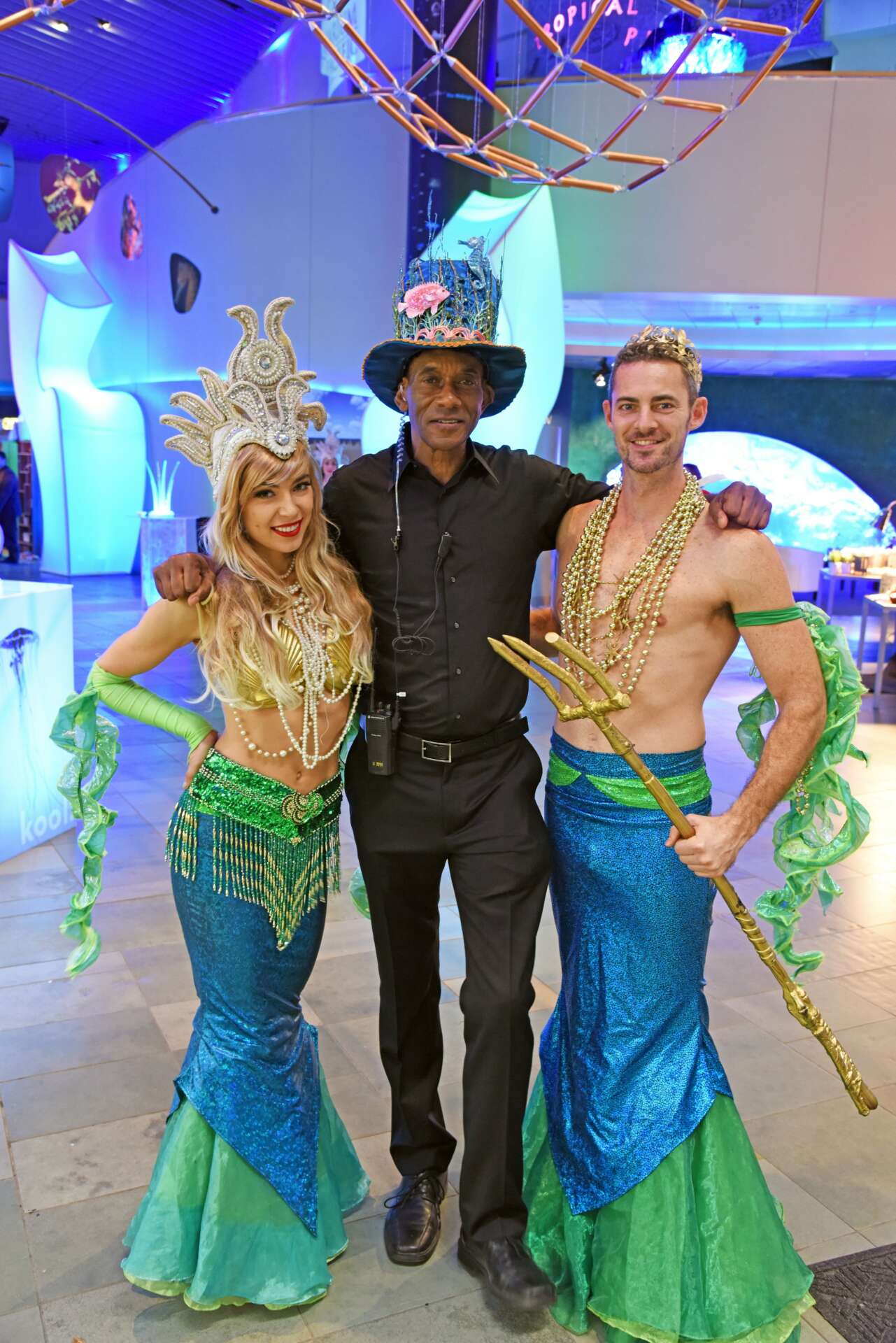We caught up with the brilliant and insightful Greg Jenkins a few weeks ago and have shared our conversation below.
Greg, thanks for taking the time to share your stories with us today What sort of legacy are you hoping to build. What do you think people will say about you after you are gone, what do you hope to be remembered for?
I hope to be remembered for a number of things. Professionally, I would like to be remembered for my contributions to the events industry. That includes practicing good industry standards, 30 years of working with a multitude of clients representing industry sectors that run the gamut — operating with integrity, and mentoring students and teaching others — whether through speaking at seminars and conferences to serving on board of directors.
In my personal life, I would like my legacy to be that of a giving, caring, supportive and spiritual individual. I typically enter the room with a smile, listen to others, and interested in what others have to say. I think of myself as generous in nature and try to always represent goodness and grace in a public setting. While not intending to be a role model, someone is always looking and I never know who I might be inspiring or setting an example.
I love my family and friends. I love their support and enjoy giving them support.
I have been a caregiver and taken care of someone who battled cancer up until his recent death. That was Thom Neighbors, my business partner and best friend for more than four decades. It’s been a journey, but to give of oneself to another during one of the most challenging and difficult times is definitely something I would like to be remembered for.
I have many achievements and have received numerous industry awards and accolades. While I am proud of those things and they represent a part of my legacy, I hope to be remembered for the hard work and dedication that it took, which resulted in those honors. It’s about enjoying the work and the process. If I can inspire someone with my experiences and journey, one that has it’s ups and downs, successes and failures, that’s also part of my legacy that I am very proud of..
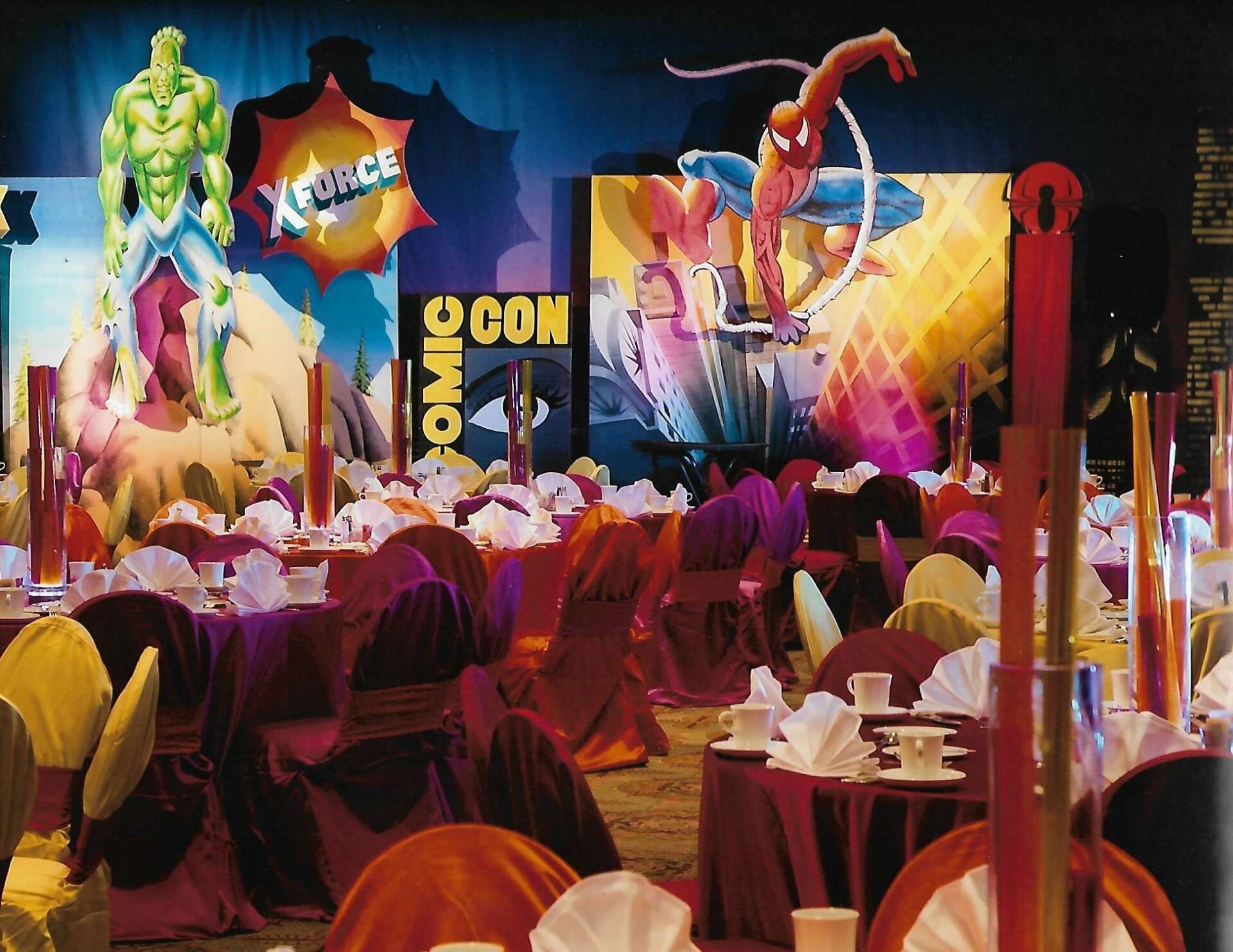

Great, appreciate you sharing that with us. Before we ask you to share more of your insights, can you take a moment to introduce yourself and how you got to where you are today to our readers.
Bravo Productions is a Long Beach, California-based award-winning, full-service event planning, design and production company specializing in staging corporate, association, government and non-profit functions to support clients’ strategic marketing campaigns. More recently, Bravo Productions has penetrated the social market as well.
Our services include budget planning, event production, site selection, vendor and supplier contracting and negotiations, event design, logistical and technical support, etc.
Our company has won numerous industry awards, including Gala Awards by Special Events Magazine for planning and design; ingenuity award by Corporate EVENT magazine, several awards by the International Live Events Association, and PRISM award for event planning by Public Relations Society of America/Los Angeles Chapter.
When did you start Bravo Productions?
Thom Neighbors and I co-founded and launched Bravo Productions in 1987, where our focus was solely designing and producing floats for the Tournament of Roses Parade in Pasadena. Most of our clients represented some of the top names in corporate America. As our company grew, these clients sought us out to create their events, props for promotional displays, etc. In addition, throughout the years, we begin receiving more inquiries to create events, props and theatrical scenery for clients outside of the Rose Parade, commercial production companies and
television studios. In 1994, we re-engineered our company based on market demand, and we begin solely planning and coordinating events for the corporate clientele. It expanded into government agencies such as the United States Army, tourist attractions such as the grand opening events for the Aquarium of the Pacific in Long Beach and product launches such as Mercedes-Benz North America, Westin Hotels, and On Demand, to name a few.
What were you doing before you started up Bravo Productions?
Before starting Bravo Productions, both Thom Neighbors and I worked for Festival Artists, a company that produced floats for the Rose Parade. Neighbors served as the art director, and I was the public relations director. I supervised their clients’ Rose Parade publicity, promotions,
special events and community relations activities. Prior to that, I formerly worked at a Los Angeles-based public relations firm. Prior to relocating to Southern California, I previously served in a marketing position with the Detroit Convention & Visitors Bureau. I was assigned
to most of the city’s grand-scale special events such as the Jazz Festival, Thanksgiving Day Parade, now-defunct post season Cherry Bowl game, etc.
What was your big break in the special events industry?
I knew the type of profession I wanted to pursue as a child. I was always fascinated with the behind-the-scenes of theater and special events. After graduating from Michigan State University with a bachelors in advertising and a master’s degree in organizational communications, I did an extensive amount of volunteer work to get into the event profession.
My big break came when I served as a gopher on Super Bowl XVI. I basically delivered promotional items for a ‘Pub Crawl.’ I was in heaven. That hard work and assertiveness was noticed by the Executive Director of the Super Bowl Host Committee. She recommended me for a job at the Convention Bureau, and the rest is history.
Where did you get the startup money for Bravo Productions?
Neighbors and I used our savings to start the company. Each of us contributed $10,000. By today’s standards, it doesn’t appear to be a lot of money to invest in one’s own business, however, at the time it seemed like a ‘big chunk of change’ and risk. We actually worked on developing a business and marketing plan 1-year out from officially starting the company. It was even scarier knowing that the Rose Parade has a limited number of float participants each year, and many of those sponsors had established relationships with other float companies.
Who are your main competitors? How do you compete against them?
We break down our competitors in several groups: Direct Competitors (these are companies n the greater Los Angeles area, who we often compete with for the same type of clients.)
Indirect Competitors (those event companies that are in the industry — whether established or new ones that pop up each day. They may not be of the same caliber as our firm, but they certainly compete for industry business.) And due to the economy and layoffs, more and more individuals are starting their own event planning businesses. We all have to compete
for the work in the marketplace.
How has your experience in running the business been different from what you expected?
We try not to have expectations other than to produce quality work for our clients and let the work and learning through the process speak for itself. We do expect to ‘give it our all,’ and have been told that we put our heart and soul into our work.
Is there anything you wish you had done differently?
Yes. We learned a lot earlier on. For example, we would never produce four-color mailers that are sent to mass prospective clients. We’ve learned that face-to-face interaction and building business relationships is key. We certainly would have jumped on the Internet and developed a website much sooner. It’s an amazing tool to get your message out to the world. We try to make it much easier for clients to find us rather than we search for a ‘needle in a haystack’ seeking out
clients.
Today you also have social media such as Instagram, Facebook and Tik Tok to get your brand in front of an audience.
What have you done that has been very effective in helping to grow the business?
Investing in technology, successful marketing, networking and communicating the passion that we have about our business and clients’ projects. Social media tools such as Twitter (now X), LinkedIn and Facebook has also helped in growing our business and exposing our company to
potential customers.
Expanding our message beyond the walls of the events industry. We often find that some of our clients have found us through reading an article in a consumer-related magazine in which we were quoted or showcased. An example is Men’s Health, “How a Guy Can Throw a Simple Party.’
Projecting our company as a leader in the industry and not follower. It’s easy to copy someone else’s project; it’s always challenging to be original. It’s the originality and creativity that inspires our team.
Putting together a terrific team of suppliers and staff, who are reliable and feel just as passionate about the work they produce on your behalf is a key to our success. No one likes ‘egg on face.’.
What are some key business learning lessons?
1) Treat each customer as they were your only client. When the times get tough — like they are in this slagging economy, they will continue to conduct business with you, but perhaps on a smaller budget. When the times are great, they will want to take you along for the successful
ride.
2) Separate yourself from your competitors by participating in your industry conferences and events. Become the ‘rock star’ of your industry through speaking engagements, lectures, volunteering and serving on boards.
3) Act in a manner that demonstrates you are a true professional. As an entrepreneur in the special events industry, we’re often viewed as just an industry that creates ‘fun.’ It’s a profession like any other industry. We approach our clients if we were a doctor, lawyer or business manager. We advise appropriately — perhaps give them advice they may not want to here, however we provide our professional expertise and honest assessment to every situation as an obligation to our clients.
4) Learn to say ‘no.’ There are some projects and clients that are not the right fit. There are some who have budgets that are not align with their goals and objectives. And there may be a conflict of interest or ethical issue that arises that will allow us to pass on the work.
5) Do your due diligence and have a back-up plan!
6) Under promise and over deliver!
7) Operate with good ethics and integrity. You might be the most creative person on the planet, but if you are unethical, it will certainly catch up with you.
8) If you don’t have the expertise relating to a particular event aspect, hire someone who does. It could be a freelance person. And delegate!
9) Two mottos that I have on my wall are: 1) A lack of planning on your part does not constitute an emergency on my part. 2) When you sacrifice quality, you lose everything.
What were the obstacles to starting your business (educational requirements, certifications, licensing, insurance, etc.)?
The primary obstacles surrounded marketing. We had vast experiences in the special events industry, however, starting a business – event with a business and marketing plan can be somewhat of a test project. For example, we developed a glossy four-color brochure and collateral materials, secured mailing lists, etc. To this end, we found that some marketing was a complete waste of money. In addition, mailing lists purchased from some companies were outdated. This was all before the advancements of the internet, social media, etc.
The other major obstacle was competing in an industry that is already saturated. We knew in order to compete, we needed to work 24/7, network, build relationships that can endure over time and promote, promote, promote.
Tell us about how you secure sub-contractors?
When we started, we were sub-contracted by some companies to handle various aspects of their events. And because you are a part of a production team, we were able to become familiar with the names of some reputable companies. As we moved forward, we developed relationships with industry colleagues, from whom we are able to seek recommendations. We also keep our eyes open for new talent and suppliers and services by reading trade publications and through good ole fashioned research and conducting our due diligence.
.
What organizations and associations do you belong to?
I am an accredited member of the Public Relations Society of America. In addition, I hold memberships in International Festival & Events Association and Live Events Coalition. I formerly served for a decade on the editorial advisory board of Event Solutions Magazine and International Live Events Association, Los Angeles Chapter.
How has your lifestyle changed from being an employee to becoming a business owner?
The difference between being an employee and a business owner has many rewards. While ti comes with a great deal of responsibility and leadership (the buck stops here), a business owner is given control in following their destiny professionally. You answer to clients and employees, however, the ultimate business decisions rest on our shoulders. For me, that’s a nice luxury. On a minor note, if you need to take a day off or have an extended vacation, you don’t have to get approval from senior management. Another benefit is the ability to mentor newcomers to the industry. They see our experience is one that want to follow and emulate.
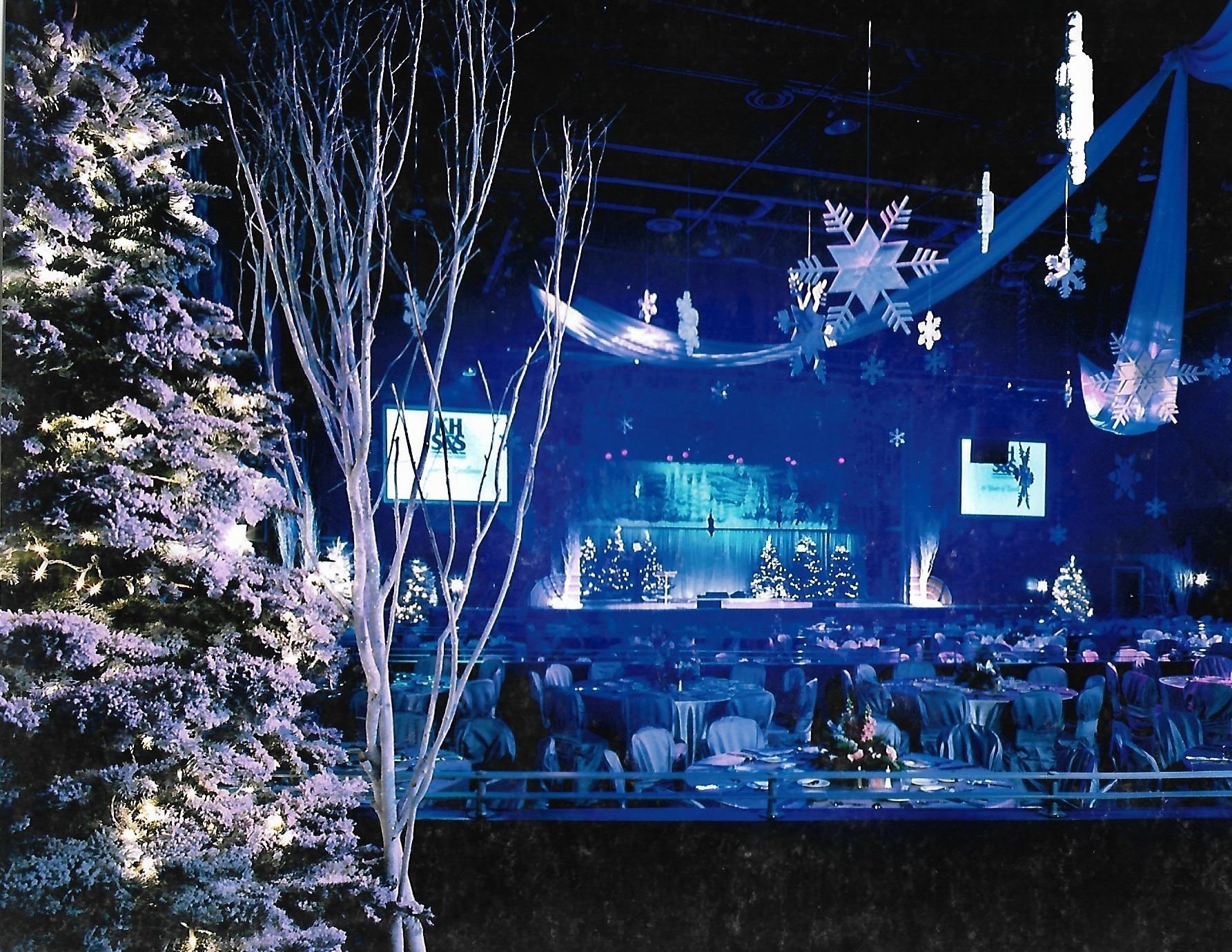
We’d love to hear about how you met your business partner.
I met the co-founder of Bravo Productions, Thom Neighbors in Detroit, Michigan. He was the general manager and art director for Michigan’s Thanksgiving Parade. I served on the Parade foundation board of directors and was put on loan to work on the parade. I had been in my job in marketing with the Detroit Convention & Visitors Bureau for 4 years and was ready to move on. I thought about relocating to New York. Thom suggested I check out Southern California.
My family took our summer vacation trips in California so I thought I would relocate and spend a year in Los Angeles and move to New York. Fast forward, and I’m still in California by choice and all credited to Thom Neighbors.
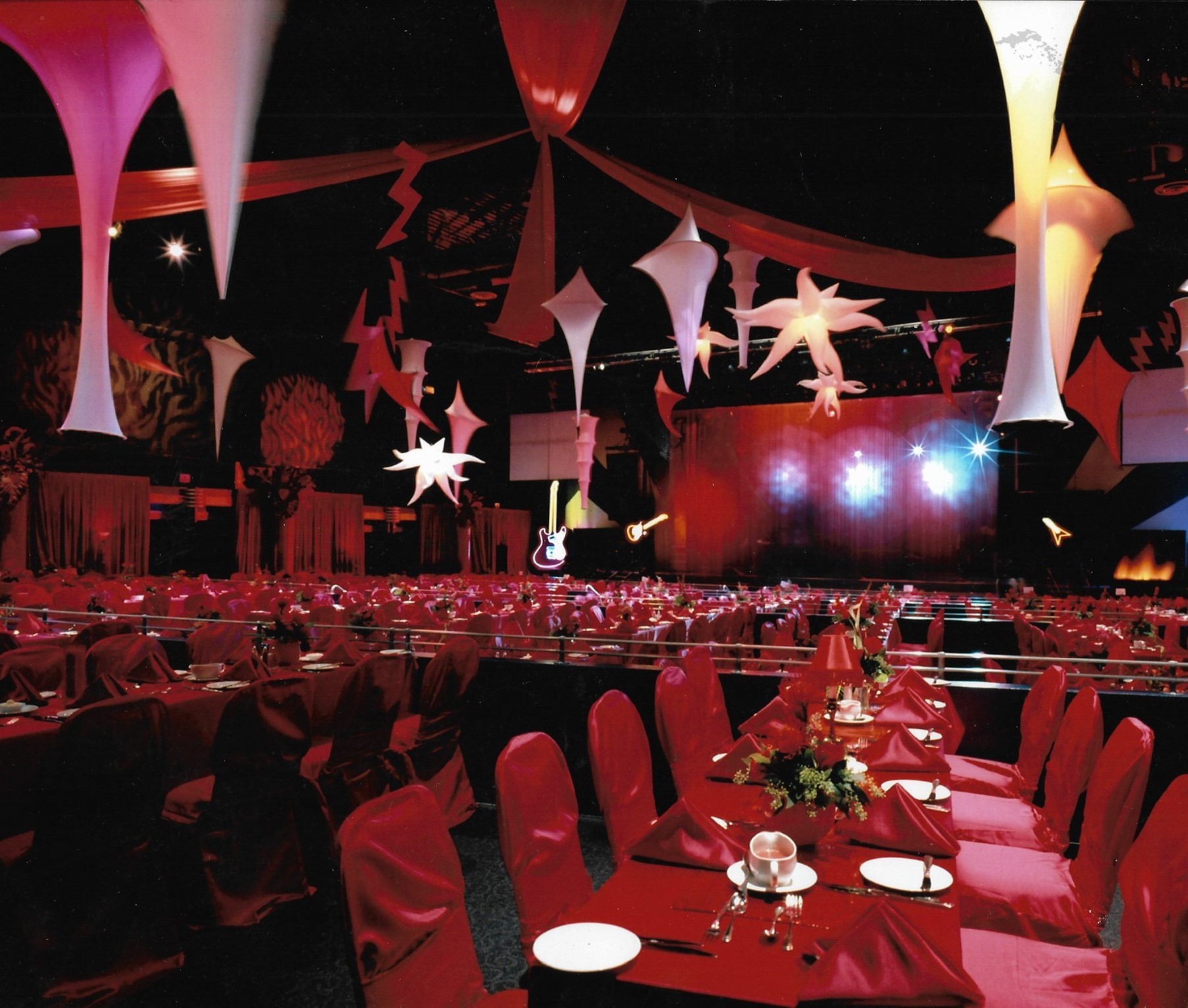
We’d love to hear a story of resilience from your journey.
I believe we all have our own paths and individual learning lessons along the journey.
My resilience has come in many forms. Losing my mom, my significant other, a brother, and more recently my best friend whom I’ve known and seen almost daily for 40 years from cancer is devastating. The grieving process is something I have learned to live with. Healing is a journey, not a destination. I’m able to function, move forward, but there are days that the loss can be overwhelming.
Resilience professionally has taken the form of maintaining a business after 9/11 when no one was traveling and meetings, conventions and events took an immediate hit. It followed in 2008 with the collapse of the financial industry and recession where clients were cautious about spending. More recently, the 2-year shut down of our industry due to COVID-19 was like a bad sci-fi movie.
Nevertheless, I’m still here and standing!,
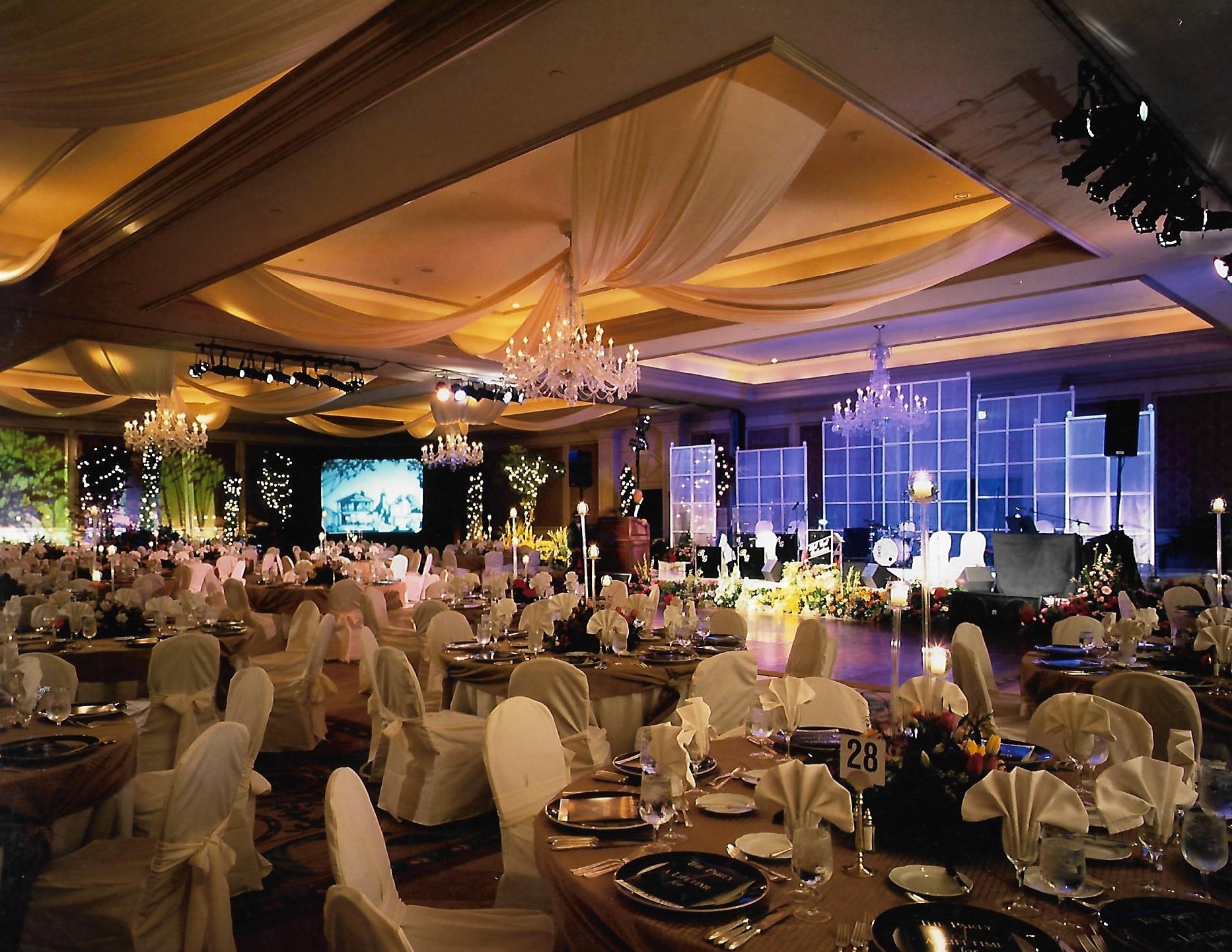
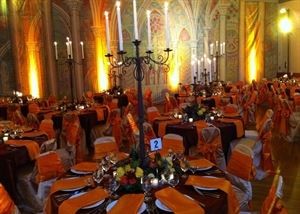
Contact Info:
- Website: https://bravoevents-online.com
- Facebook: https://www.facebook.com/profile.php?id=100064810687685
- Linkedin: https://www.linkedin.com/in/greg-jenkins-2140211/
- Twitter: https://www.twitter.com/brvprodevents


